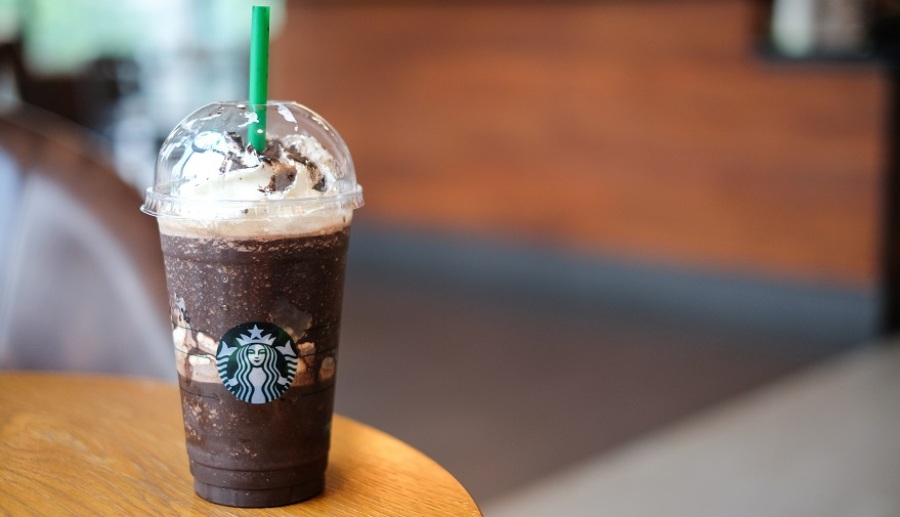🕒 Estimated Reading Time: ~3 minutes

With more than 31,000 locations in 80 countries, Starbucks is not your typical coffee shop. Everyday, millions of people consume a short, tall, grande, venti or trenta size coffee—not to mention all of the company’s additional drink and food options. What makes Starbucks so special?
Where It All Began
Starbucks began in the early 1970s when it was a single store in Seattle’s historic Pike Place Market run by Jerry Baldwin, Zev Siegl and Gordon Bowker. The breakthrough in expanding Starbucks coffee into a world phenomenon began with Howard Schultz, who joined the company as director of retail operations and marketing in 1982.
When Schultz traveled through Italy in 1983, he became entranced with the experience he had at Italian coffee bars. He sought to recreate that experience in the United States. Although he briefly left Starbucks to try out coffee business ownership on his own, he came back to Starbucks with a relentless desire to grow the Starbucks business concept.
The “Starbucks Experience”
His passion for the business led to Schultz purchasing Starbucks from its original owners in 1987 with the help of investors. Since then, Schultz has created a multi-billion dollar business that is regarded by many as the greatest business success since the emergence of Walmart Stores in 1962. (In April 2017, Schultz stepped down from his CEO post to an executive chairman position, which he retired from in June 2018. He now holds the title of chairman emeritus.)
The “Starbucks Experience” is centered by the company’s mission to “inspire and nurture the human spirit—one person, one cup, and one neighborhood at a time.”
Employees are encouraged to create personalized customer experiences—think names written on the customer’s order. Customer service is a priority. Starbucks employees are trained in ways to diffuse unpleasant situations in an effort to give customers a positive experience whenever possible. According to Joseph Michelli, author of The Starbucks Experience, the “genius” of the company’s success lies in its proven ability to “…secure customer loyalty, stimulate business growth, generate profits, and energize employees—all at the same time”.
Is Starbucks a coffee franchise?
For decades Starbucks has resisted the temptation to franchise, growing its network through licensed partnerships instead.
In his book, released in 1997, Howard Schultz noted his personal aversion to franchising saying, "To me, franchisees are middlemen who would stand between us and our customer." He's gone on to reiterate that feeling in subsequent interviews over the years, maintaining that he prefers as much control over his stores as possible.
However, Starbucks isn't a complete stranger to franchising. It broke its no franchising mantra a number of years ago in Europe, where it now has franchises "within certain international markets." The company also acquired Seattle's Best Coffee in 2003, which it franchised for a time. (Franchising rights for Seattle's Best have since been transferred to Focus Brands, which only franchises the brand on a very limited basis "on certain military bases and in certain international markets." Starbucks retained the rights to produce Seattle's Best whole bean and ground coffee.)
Although it doesn't franchise in the United States, Starbucks’ underlying principles lend themselves very well to the principles of franchising. Potential franchisors and franchisees could take inspiration seeing by small seedling beginnings growing into large fruitful networks. Great products, effective marketing and PR, along with hard work and the desire to succeed make this level of success possible.
To find coffee businesses that are franchising, check out our full listing of coffee franchise opportunities.
Originally published August 23, 2018; Last Updated: August 13, 2020














